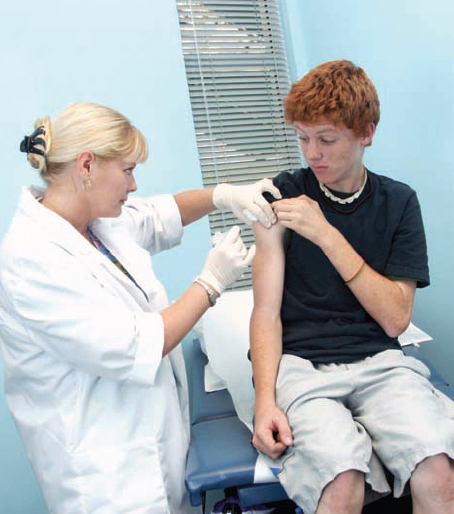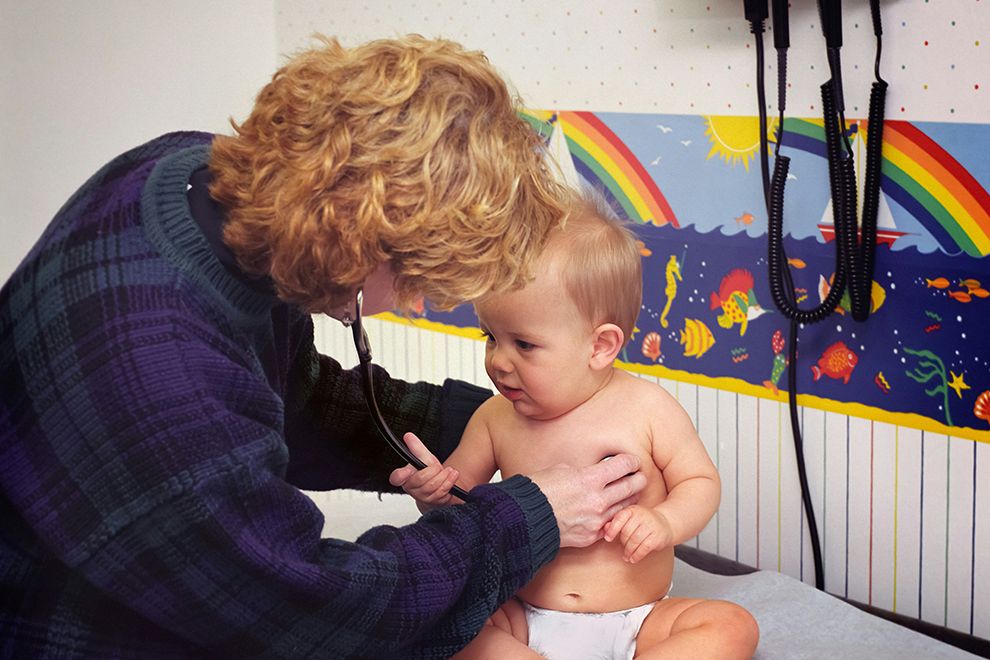Prevention is an integral part of good health for everyone. Things like a nutritious diet, physical exercise, adequate sleep, regular doctor’s appointments, age-appropriate screenings, and vaccines are the cornerstones of preventive health. Although we often take them for granted, vaccines play a crucial role by protecting us from the devastating effects of many diseases. As an obstetrician gynecologist, I feel fortunate to have a vaccine that can actually help protect my patients from cancer.
Human papillomavirus (HPV) is a sexually transmitted infection that is very common. In fact, nearly all sexually active men and women will be exposed to it at some point during their lifetimes. HPV is mainly spread through sexual intercourse, but it can be spread through any skin-to-skin sexual contact. Since many individuals carrying HPV do not develop any symptoms or health problems from the virus, a large number of men and women today are unaware they are infected with it.
While in many cases, the body’s immune system will clear HPV naturally within two years of infection, there are times when the virus can lead to significant health problems. Science has shown that certain high-risk types of HPV are associated with an increased risk of the development of cervical cancer in women. Other so-called low-risk types of HPV can cause genital warts in men and women. Individuals can help reduce the risk of infection by limiting his or her number of sexual partners and getting vaccinated.
The newest version of the HPV vaccine, Gardasil 9, was approved by the FDA in December 2014 and recommended by the CDC’s Advisory Committee on Immunization Practice (ACIP) in February of this year. Compared to its predecessor, Gardasil, which has been available since 2006, Gardasil 9 protects against five additional strains of HPV. In females, Gardasil 9 has the potential to prevent 90 percent of cervical cancers that are caused by HPV and 90 percent of genital warts cases. If your child received the complete series of Gardasil vaccinations, a booster is not recommended currently.
Gardasil 9 is approved for use in girls and young women, ages nine to twenty-six and in boys, nine to fifteen. Because the vaccine is most effective in individuals before they become sexually active, routine vaccination is recommended for boys and girls at age eleven or twelve, even if sexual activity is years away. However, it is also recommended for older teens and young adults who were not vaccinated when younger. The vaccine is given in three shots over a period of six months.
While the HPV vaccine offers the most significant protection against cervical cancer in women, it also protects against other cancers that can affect both men and women including cancers of the anus, vulva, vagina, penis, head, and neck. As previously stated, vaccinating with Gardasil 9 can also prevent genital warts in both males and females. HPV vaccination is recommended for boys for these reasons, and because male vaccination helps protect more unvaccinated females and reduces transmission of HPV among the general population.
While Gardasil 9 is an important preventative measure to help protect individuals from HPV, it does not eliminate the necessity for women to continue to undergo recommended cervical cancer screenings on a regular basis and well-woman exams every year.





